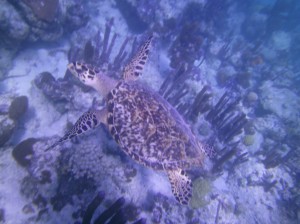 But will they be here tomorrow? The importance of coral reefs around the world can’t be overstated. They keep that beach you love safe from erosion, moderate the waves so you can enjoy snorkeling in calm seas, provide a home to the some of the most stunning animal life on the planet, provide arguably the most important link of the food chain for the ocean. Coral are not rocks, they are living organisms called coral polyps. Coral is divided into two kinds, the first is hard corals, such as brain coral, elkhorn, star and pillar coral and soft coral such as sea fans, sea rods, and sea whips.
But will they be here tomorrow? The importance of coral reefs around the world can’t be overstated. They keep that beach you love safe from erosion, moderate the waves so you can enjoy snorkeling in calm seas, provide a home to the some of the most stunning animal life on the planet, provide arguably the most important link of the food chain for the ocean. Coral are not rocks, they are living organisms called coral polyps. Coral is divided into two kinds, the first is hard corals, such as brain coral, elkhorn, star and pillar coral and soft coral such as sea fans, sea rods, and sea whips. 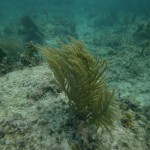
Coral reefs also provide billions of dollars to the economies of some of the poorest countries in the world; reefs provide some of the best place to see and observe fish, turtles, sharks and many of the interesting sea creatures divers, snorkelers, and cruisers want to see.
All the world’s coral is threatened. A reef can only survive in clean, clear tropical oceans at very specific depths and temperatures; any condition that reduces the clarity of the water such as sediment or pollution prevents healthy coral growth. Which brings me to the first thing you can do. Only wear coral safe sunscreen when you are swimming in the ocean. Four of the most common sunscreen ingredients have been shown to cause complete coral bleaching within a few days. Coral bleaching is the number one killer of coral, and while all the causes are being debated there are things you can do now while the debate rages and entire reefs die and ecosystems collapse.
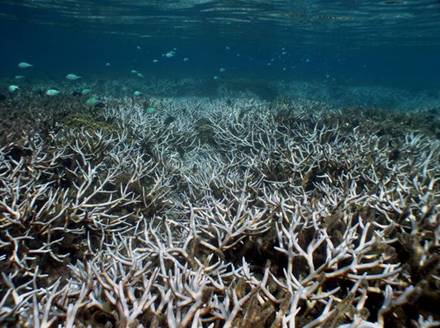
Purchase Coral Safe Sunscreen before your vacation, if you are caught unprepared, at the very least do not buy sunscreen with these ingredients:
• Oxybenzone (benzophenone-3)
• Butylparaben
• Octinoxate (Ethylhexyl methoxycinnamate)
• 4-methylbenzylidene camphor
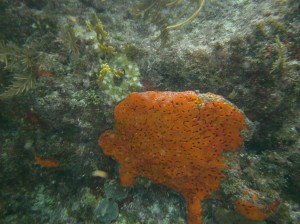 I become so fascinated with each fish, the plain, the tiny, a school of two no bigger than my pinky, the flashy neon blue with prison black strips running down his side, electric yellow, even the sea grass swaying in the current holds my attention, I often spend hours face down in the water when I am at any tropical destination. Unfortunately this has led to some bad sunburns; not for forgetting to put sunscreen on. It is simply true that the tropical sun is much stronger then what we are accustom to in the continental United States and after two-days of constant outdoors exposure, (especially when magnified by the water) the sun proves to be stronger than sunscreen. Another option, that provides even better protection from the sun without chemicals is a rash guard (basically a long or short) sleeved shirt made out of material similar to bathing suit material or dive skin (full bodysuit), that is a bit thicker; this actually provides far greater protection than ANY sunscreen on the market. Using a dive skin provides almost complete protection from the sun, but all also a barrier to Jelly fish, and small scrape hazards. For you fashionistas out there, they aren’t the most stylish swim wear you will find, but I have arrived at the point in my life were I choose comfort over being stylish. Suffering with a sunburn at the end of your vacation is no fun, so flaunt your new swimsuit in the shade and take care of yourself in the sun.
I become so fascinated with each fish, the plain, the tiny, a school of two no bigger than my pinky, the flashy neon blue with prison black strips running down his side, electric yellow, even the sea grass swaying in the current holds my attention, I often spend hours face down in the water when I am at any tropical destination. Unfortunately this has led to some bad sunburns; not for forgetting to put sunscreen on. It is simply true that the tropical sun is much stronger then what we are accustom to in the continental United States and after two-days of constant outdoors exposure, (especially when magnified by the water) the sun proves to be stronger than sunscreen. Another option, that provides even better protection from the sun without chemicals is a rash guard (basically a long or short) sleeved shirt made out of material similar to bathing suit material or dive skin (full bodysuit), that is a bit thicker; this actually provides far greater protection than ANY sunscreen on the market. Using a dive skin provides almost complete protection from the sun, but all also a barrier to Jelly fish, and small scrape hazards. For you fashionistas out there, they aren’t the most stylish swim wear you will find, but I have arrived at the point in my life were I choose comfort over being stylish. Suffering with a sunburn at the end of your vacation is no fun, so flaunt your new swimsuit in the shade and take care of yourself in the sun.
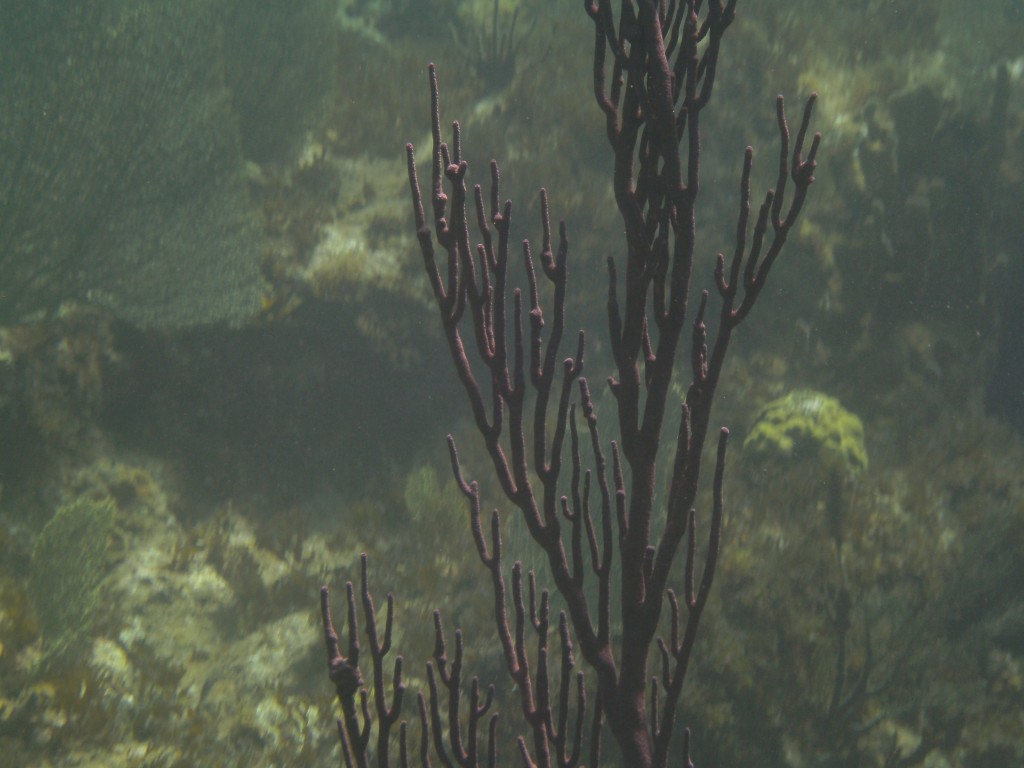
What else must you know about coral to enjoy your trip and still do your part protecting the environment?
1.) Never touch coral, in addition to being sharp and being quite dangerous to you, you can kill it with a simple touch.
2.) Do not buy coral jewelry.
3.) Do not throw anything into the ocean and if you happen to see trash you can safely reach, be a good steward of the land and seas and retrieve the trash for proper disposal.
4.) Use only ecological or organic fertilizers: Although you may live thousands of miles from a coral reef ecosystem, these products flow into the water system, pollute the ocean, and can harm coral reefs and marine life.
5.) Select tour operators that practice responsible tourism. Ask the fishing, boating, hotel, dive or snorkeling operators how they protect the reef. Do they give a briefing on reef safety? Be sure they care for the living reef before you spend your money with them.
Learn more at www.projectaware.org 